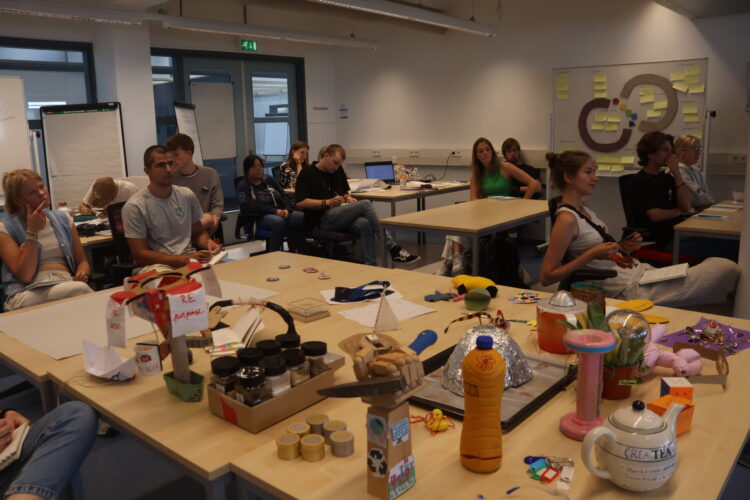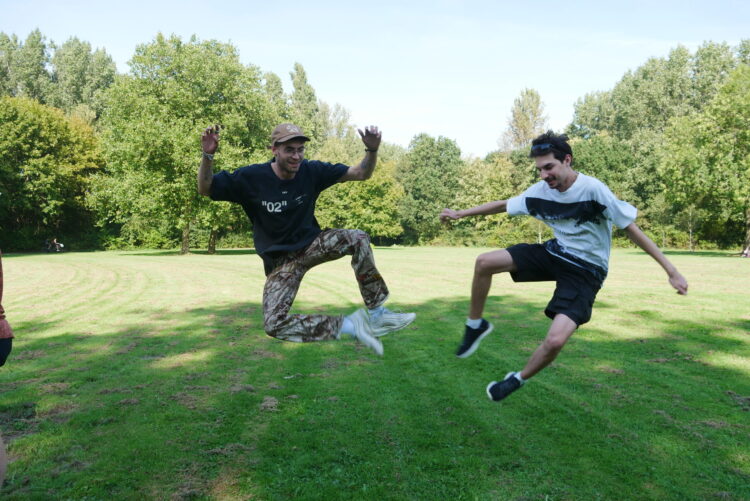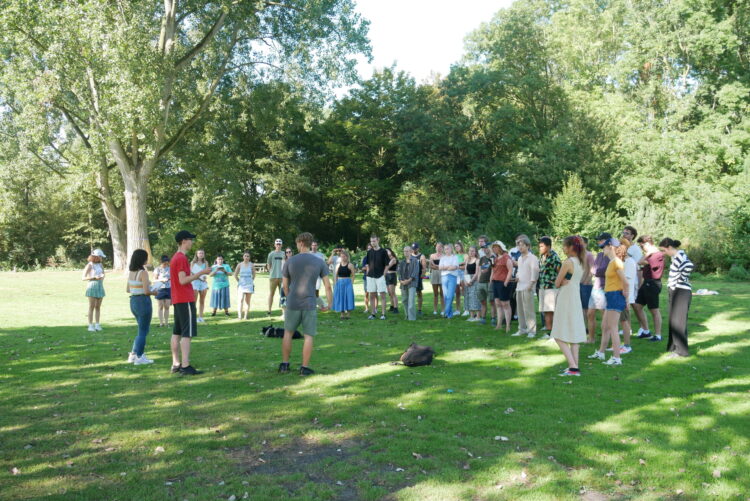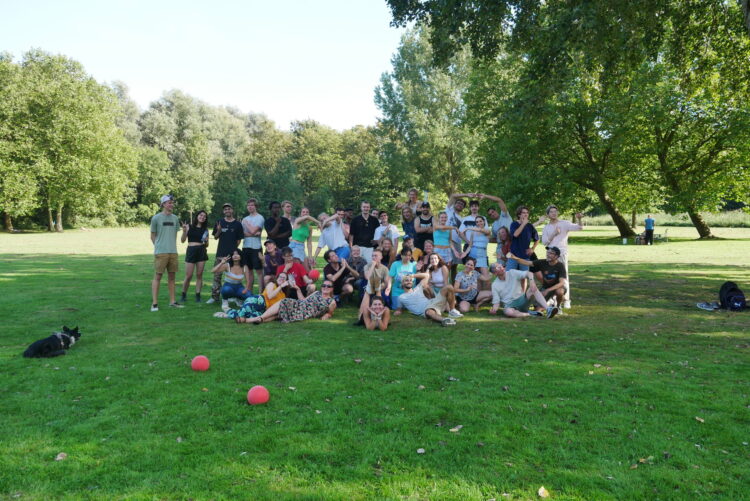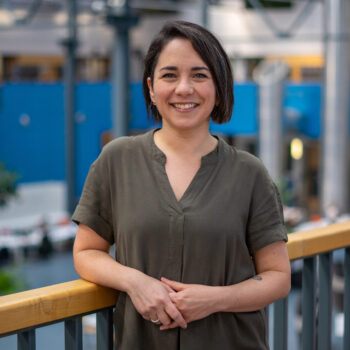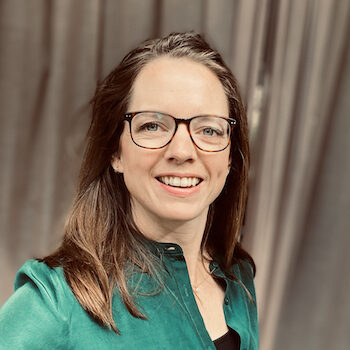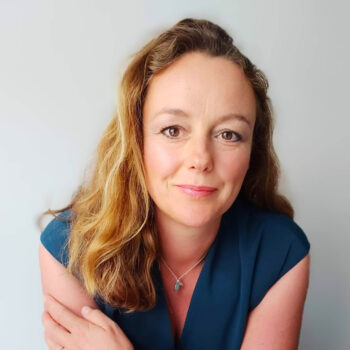Connected Creativity Minor
04 Sep 2023
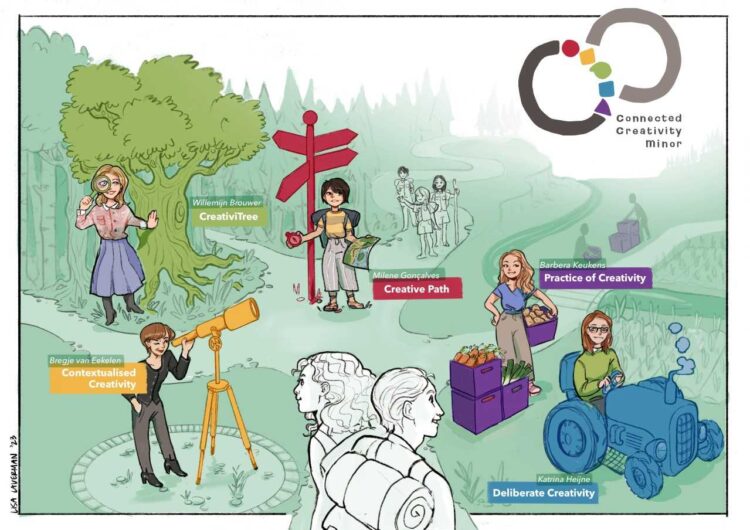
With the beginning of the new academic year, we welcomed a new group of students, from TU Delft and beyond, into the Minor Connected Creativity! These students came from a variety of disciplines and diverse contexts, from Architecture to Nanobiology, from Design to Aerospace Engineering, from nearby Rotterdam to Melbourne, Australia. What they have in common is that they all took the leap and decided to invest on their creative knowledge, skills and attitudes.
The minor Connected Creativity distinguishes itself from other educational programmes at TU Delft because it embraces the development of soft skills on the creative self in complex contexts. In a world of expanding fields and ever-growing knowledge, nurturing such personal dimensions might feel uncomfortable or too vague for 3rd year Bachelor students. On the other hand, an increasing amount of sources show that creativity is one of the most valuable skills in the future workforce (The Future of Jobs Report 2020). So, why are we not investing in our university students’ creativity capacity?
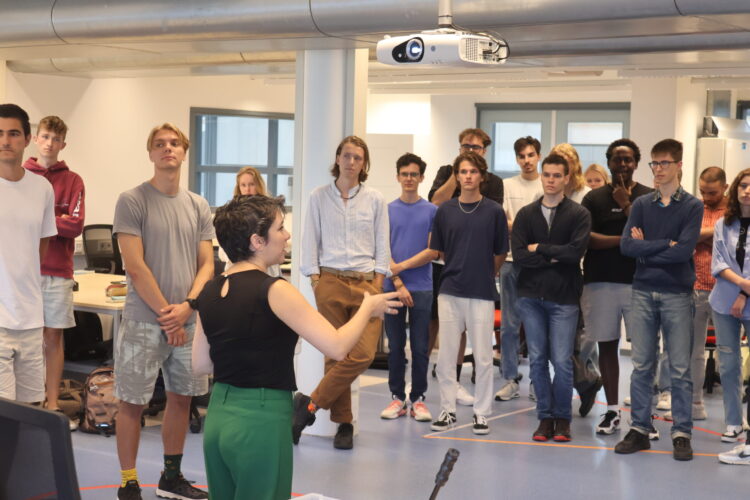
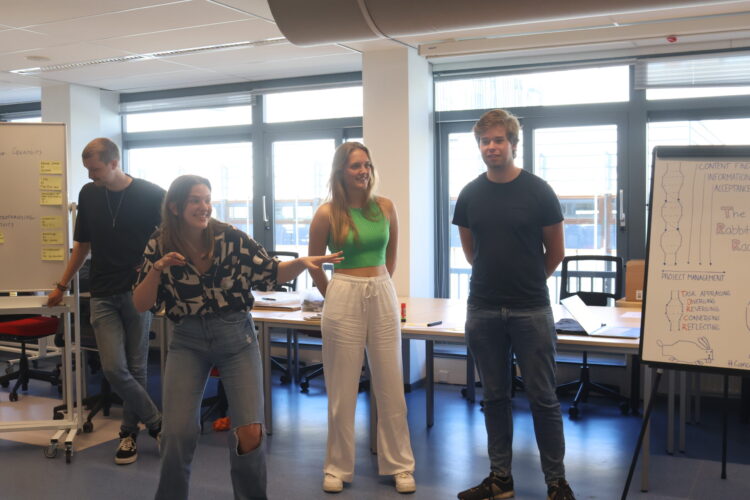
That was the goal we set up to ourselves, the team behind the Delft Design Lab Connected Creativity. In 2020 we launched the minor under the same name, to nurture students’ creative capacity, from the individual to groups, to organisations and society. It is ‘connected’ because we attempt to go beyond previously-set boundaries, and connect across silos, disciplines and problems. This is our 4th year teaching this minor, and we have gathered some insights along the way.
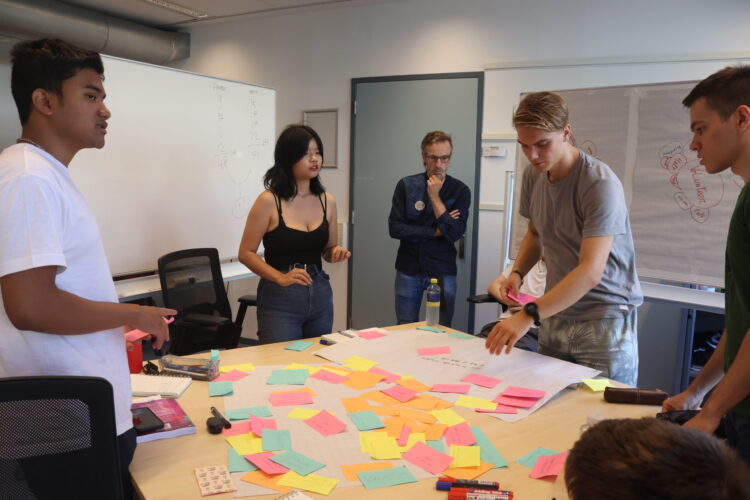
We have learned that it is important to create, right off the bat, an environment that allows them to experiment, be flexible and open to failure. We do this by a combination of teaching activities (borrowing from creative facilitation and improv, for instance) but also in combination with a teaching philosophy that focusses on process rather than output. Thus, we never assess how creative the ideas the students produce are; instead, our students are assessed based on what they learned and how they reflected on their process. This small change, among others, means that the students can fail and take risks. The minor becomes more than a safe space, it becomes an environment where they can be brave and learn from mistakes – a brave space.
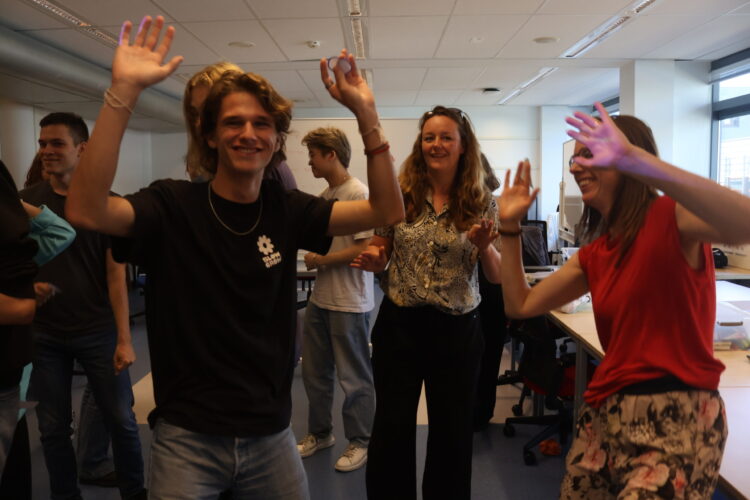
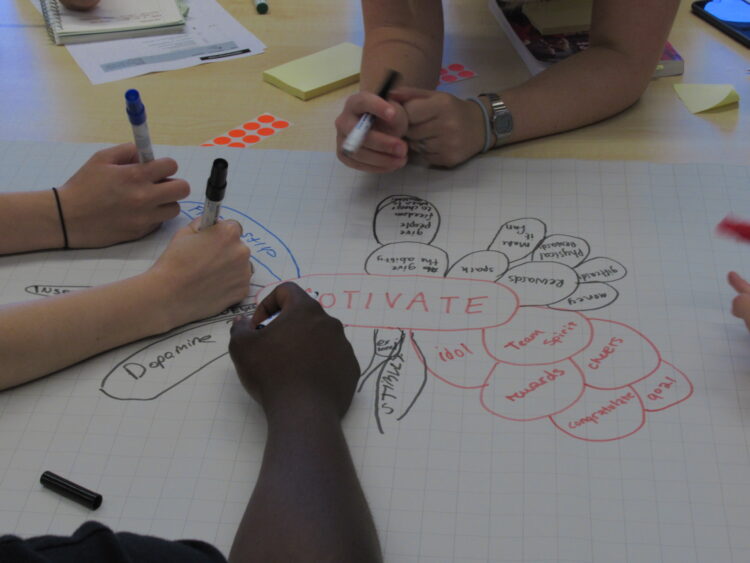
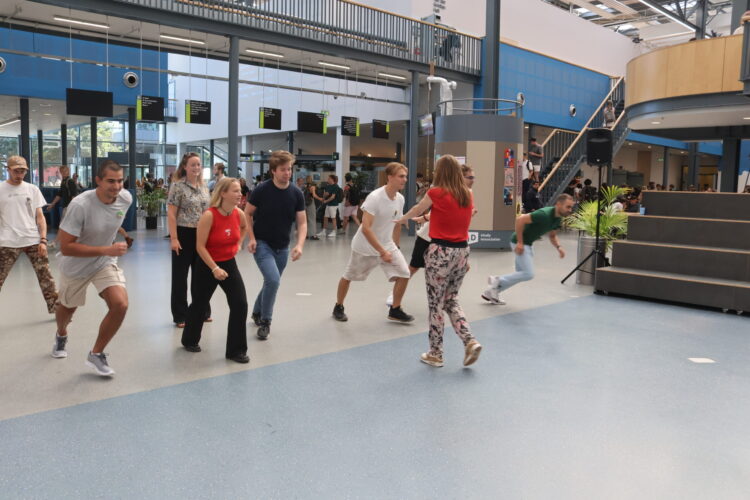
This year, students jumped into their ‘brave spaces’ and immediately engaged with the world of creativity. The Deep Dive – the first week of the minor – is quite intense and demanding because it asks the students to move from passive to active, from listening-in to experiential learning. Right from the start, the students directly engaged with creative practice and its essential mindsets: postponing judgement, use the inquiring mind, and use affirmative judgement. Even without knowing, students become creative facilitators and creators, learn from mistakes, by journaling and reflecting, while strengthening their practices with relevant theoretical foundations. Such valuable insights will accompany their whole journey during the coming 5 months, while deepening their understanding on the mechanisms behind creativity and nurturing their creative confidence.
